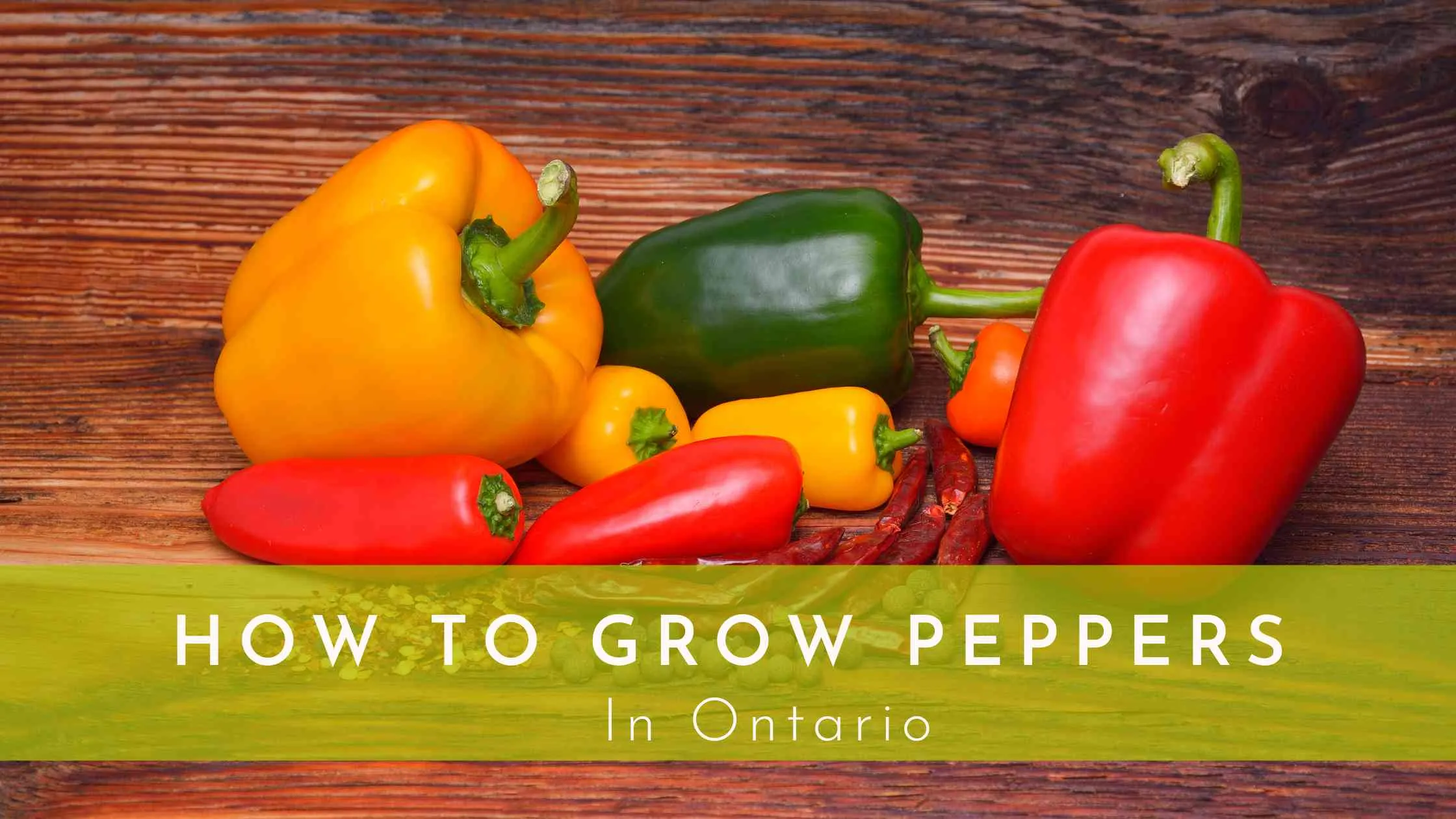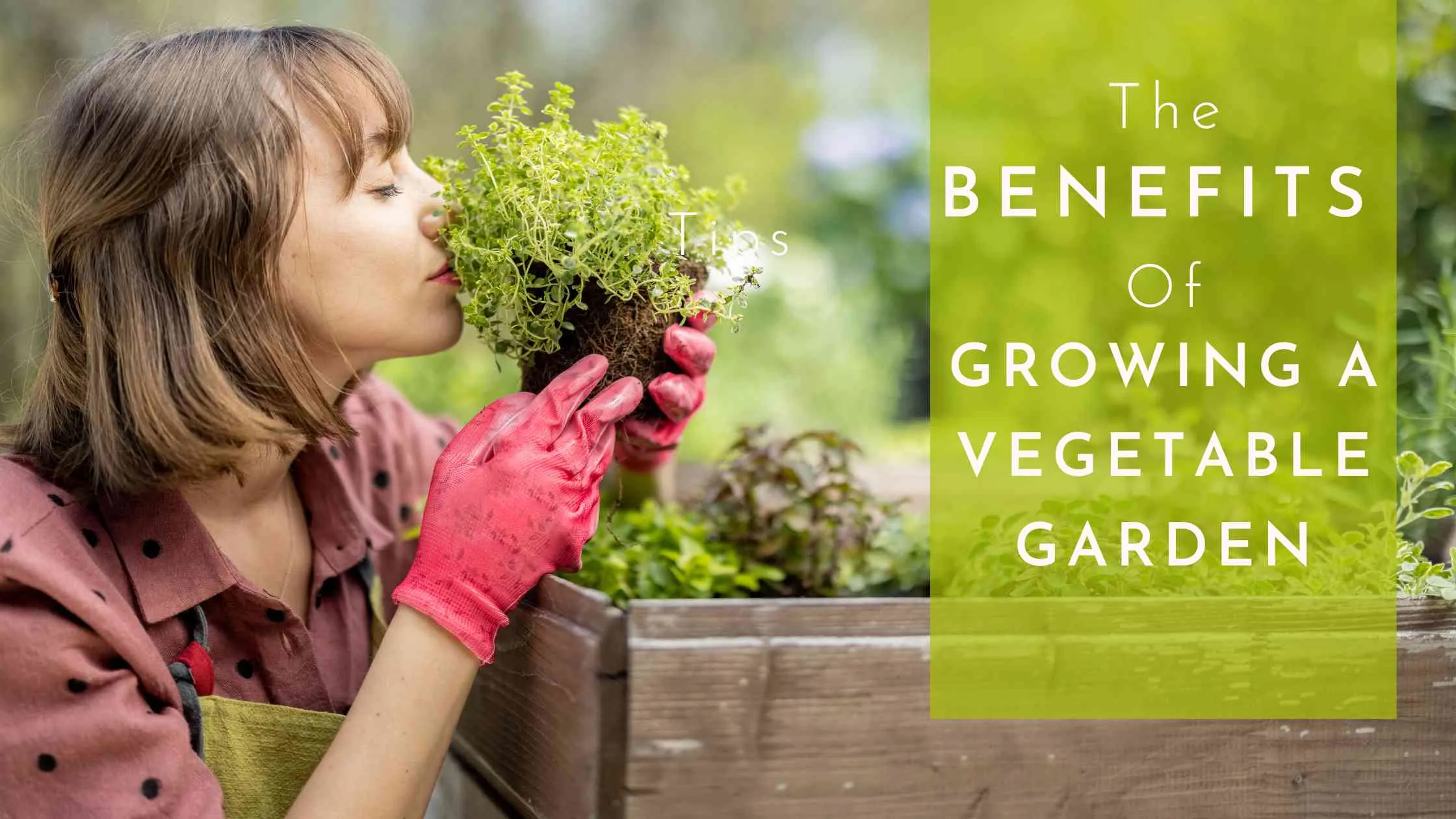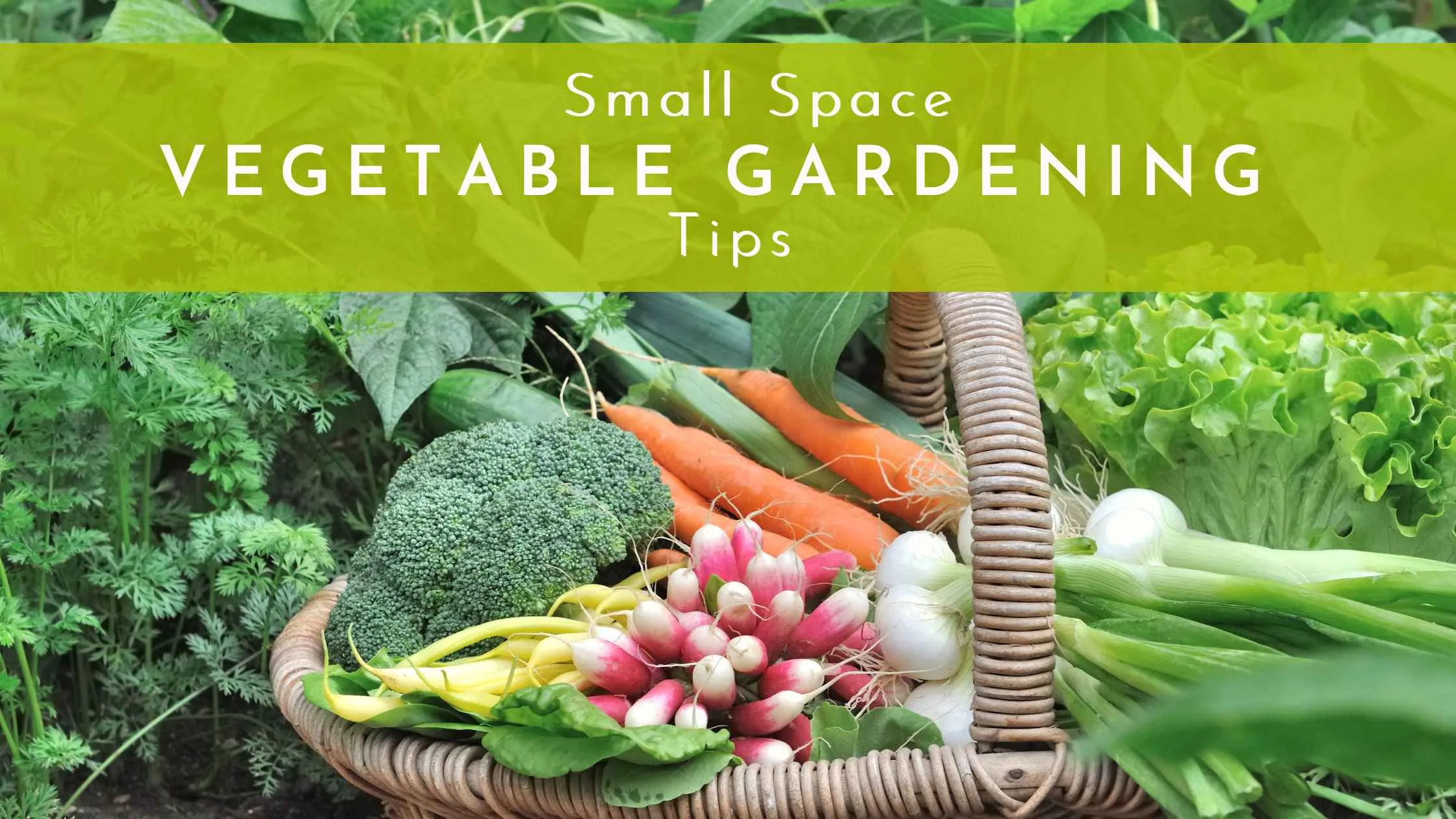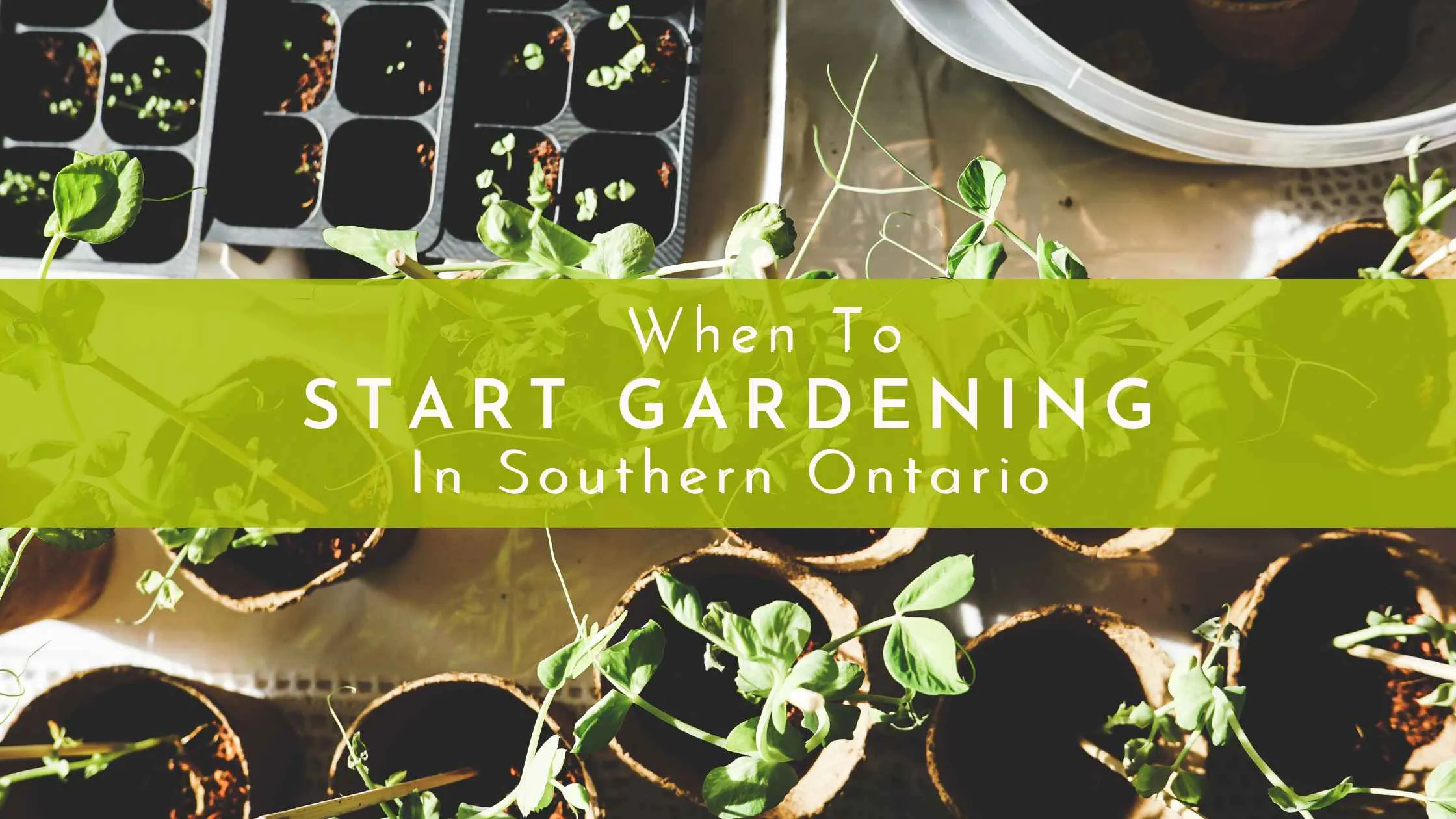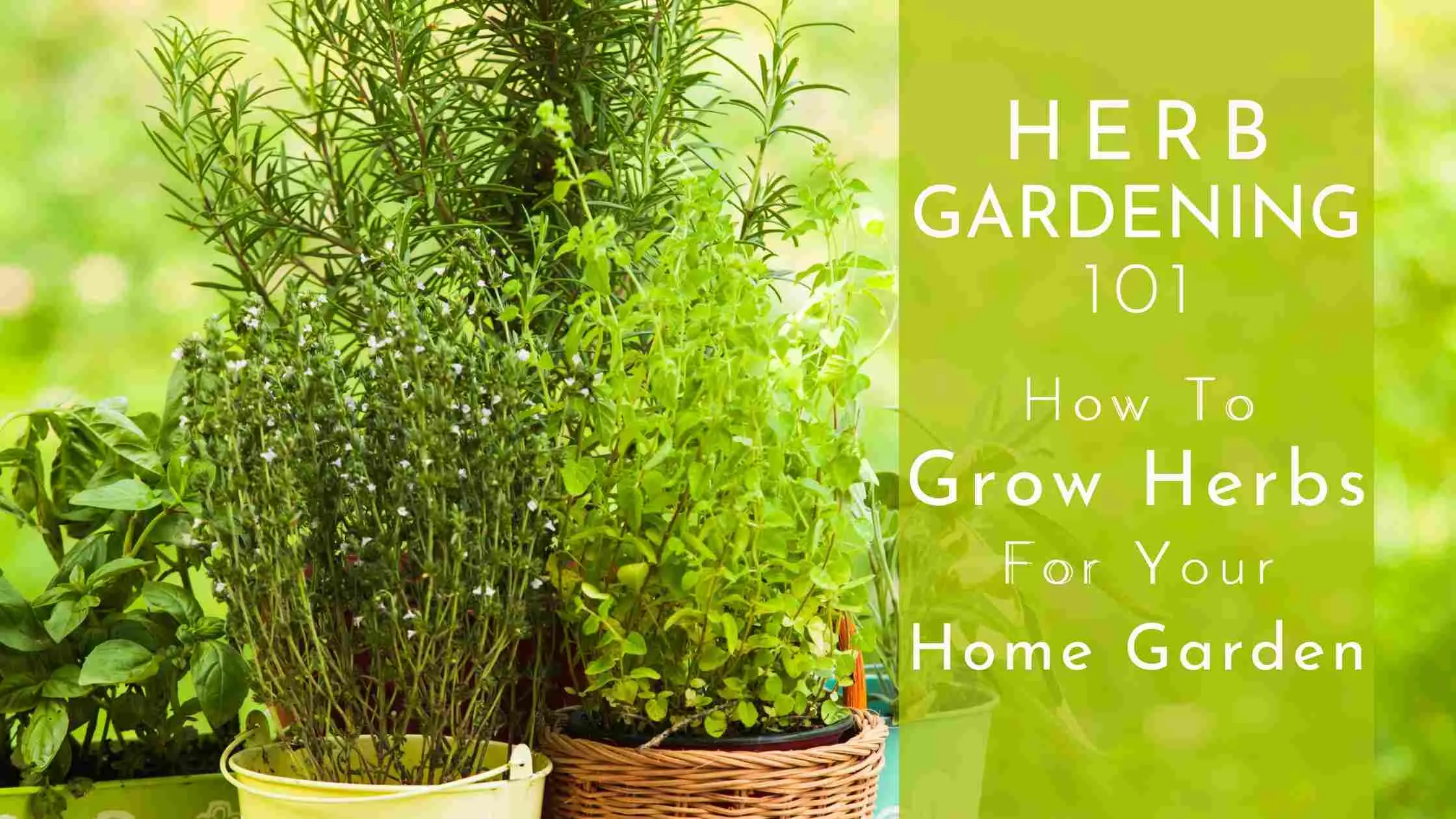Improving Your Garden with Beneficial Insects and Animals
Gardening in Southwestern Ontario can be a rewarding experience, especially when you enlist the help of nature's pest control squad. By attracting beneficial insects and animals, you maintain a healthy garden ecosystem and reduce the need for chemical pesticides. In this post, we’ll explore some of the most helpful creatures and how to attract them to your garden, bringing a new level of excitement and balance to your gardening journey.
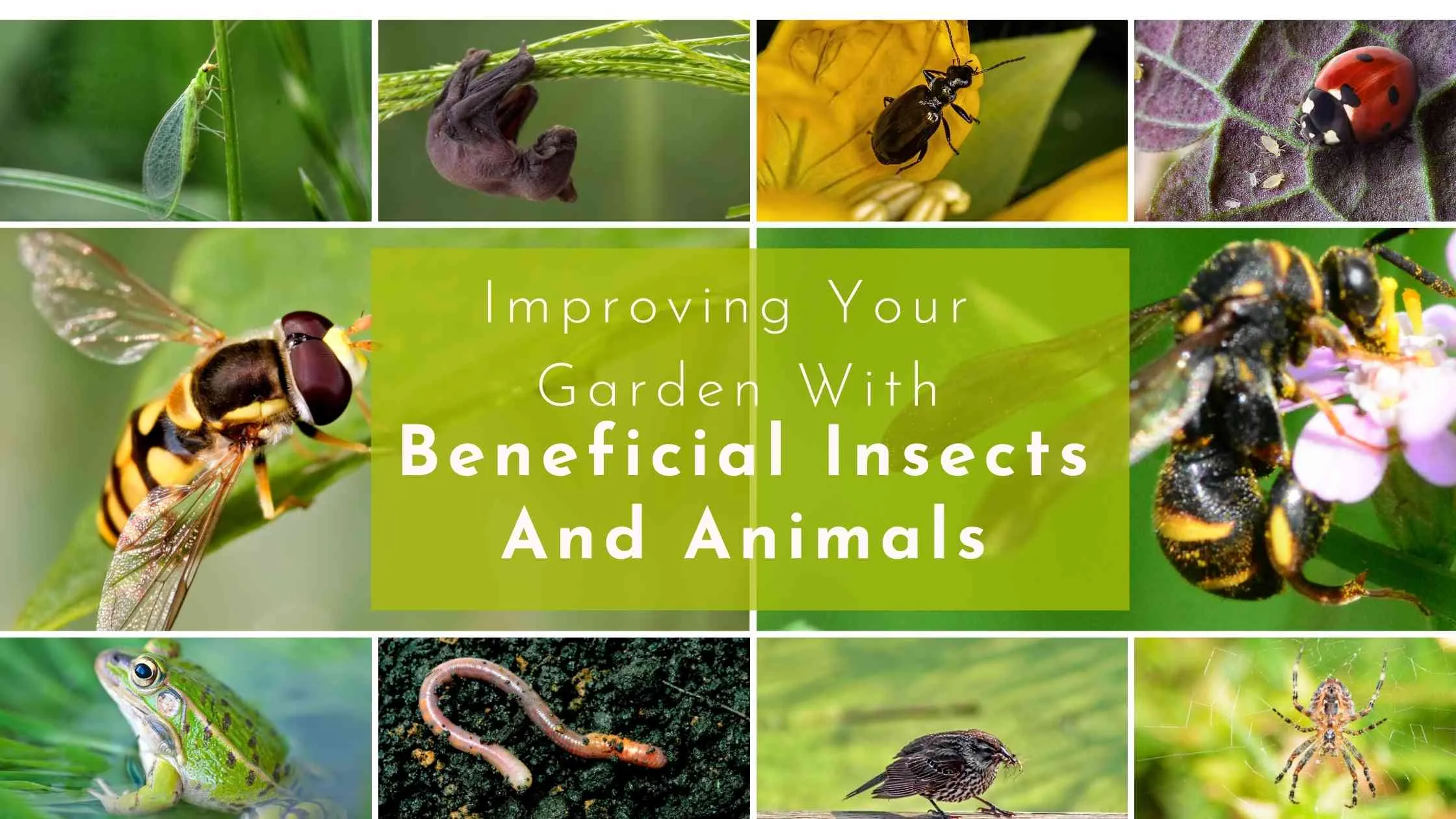
Beneficial Insects
Attracting beneficial insects is not as complicated as it may seem. These natural pest controllers can assist in maintaining the health and prosperity of your garden, and you can contribute as well. By following a few simple steps, you can reduce the need for chemical pesticides and promote a balanced ecosystem, making you feel confident and capable in your gardening skills.
Ladybugs (Lady Beetles)
Ladybugs are voracious predators of aphids, scale insects, and other soft-bodied pests that can wreak havoc on your plants. To attract ladybugs, plant dill, fennel, and marigolds. These plants provide food and habitat for ladybugs, encouraging them to stay and multiply in your garden. Ladybugs are effective pest controllers and important pollinators, contributing to the reproduction of many plants in your garden.
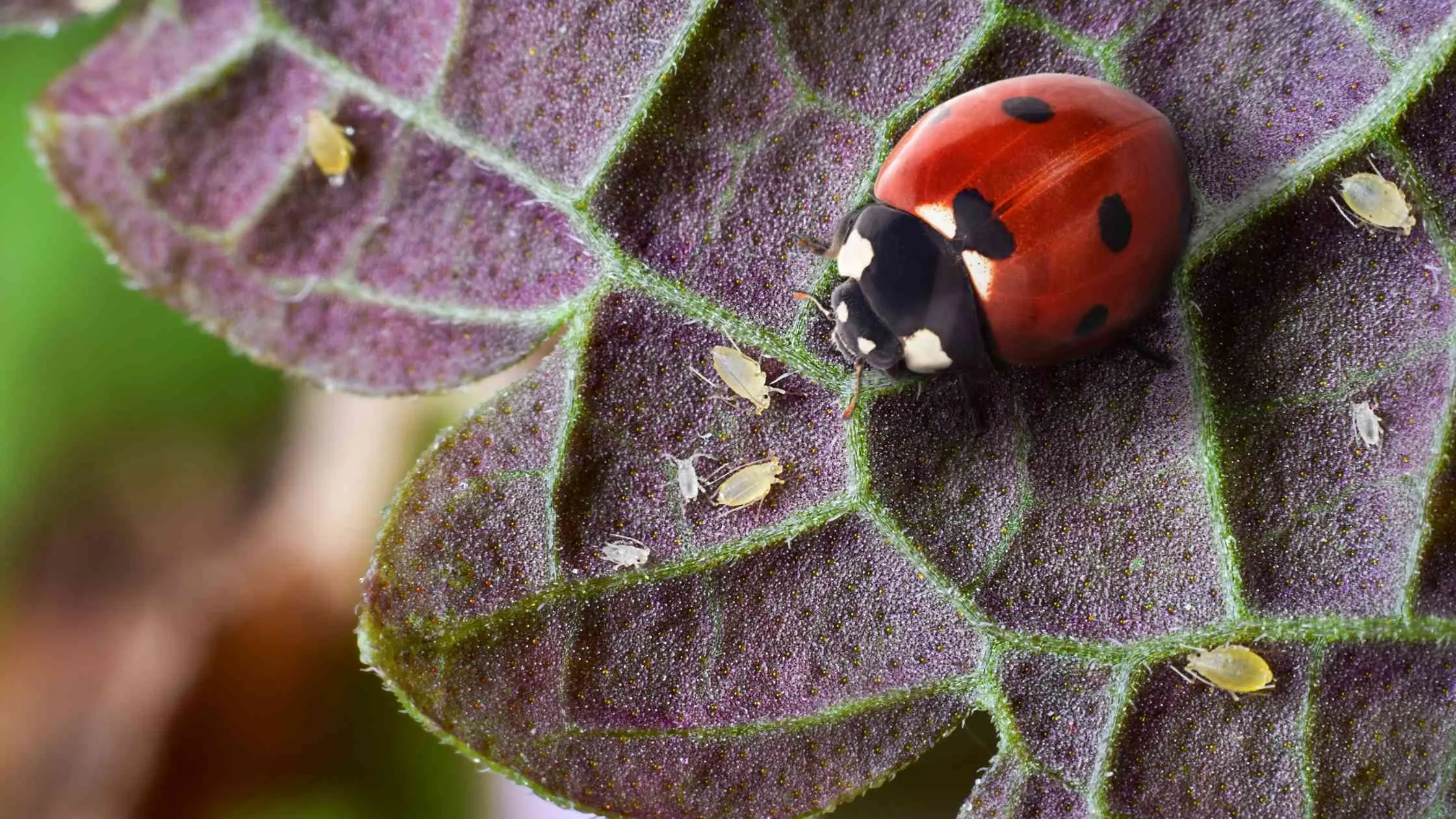
Lacewings
Lacewing larvae, also known as aphid lions, are excellent at controlling aphids, mealybugs, and caterpillars. They are among the most efficient predatory insects for pest management. Planting yarrow, goldenrod, and cosmos can help attract lacewings. These plants offer nectar and pollen, which adult lacewings feed on, ensuring they stick around to lay their eggs in your garden.
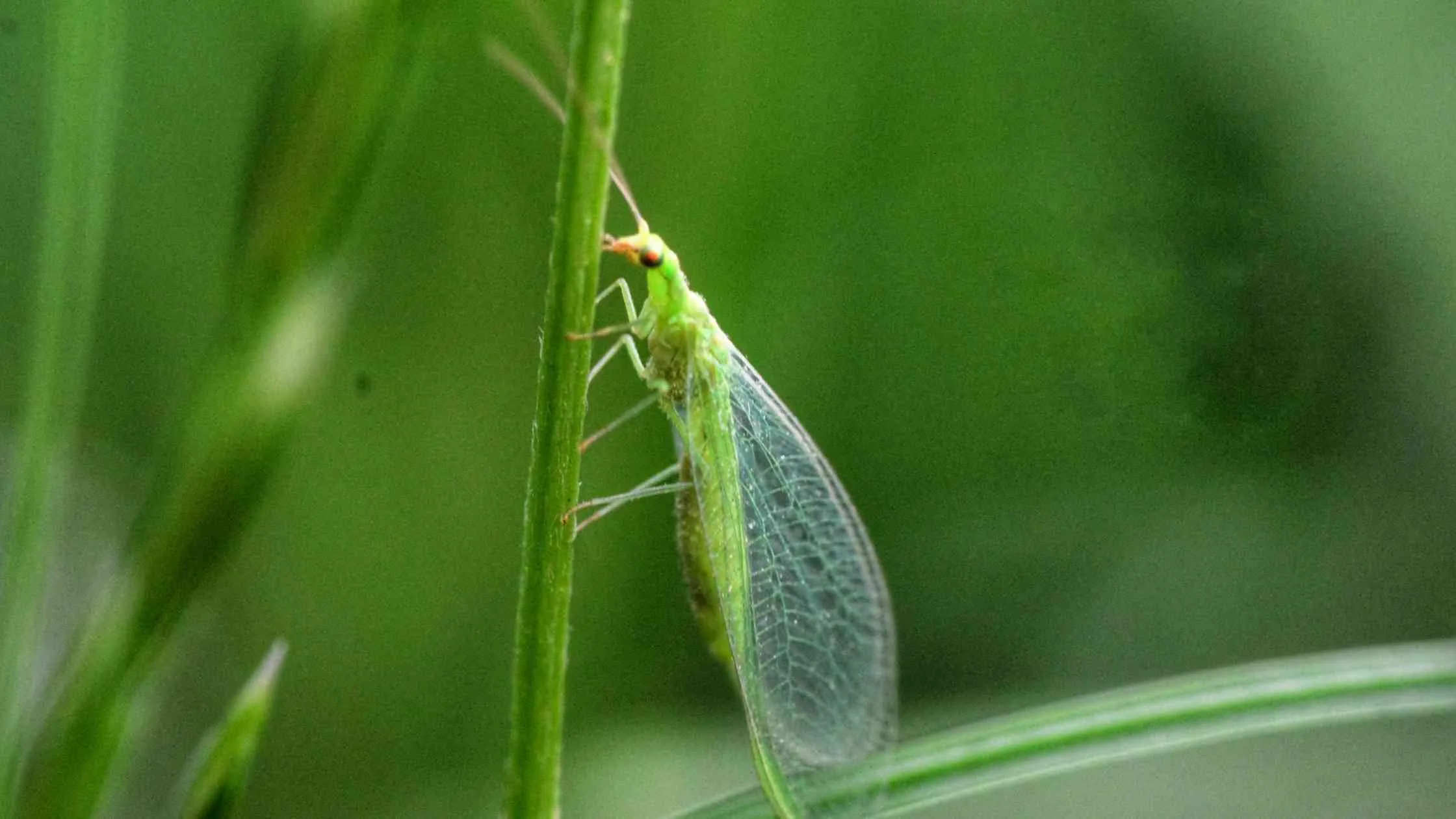
Hoverflies (Syrphid Flies)
Hoverfly larvae feed on aphids, thrips, and other tiny pests. Adults are also excellent pollinators. Plant alyssum, yarrow, and herbs like parsley to draw hoverflies to your garden. These plants provide nectar for adult hoverflies and a habitat for their larvae.
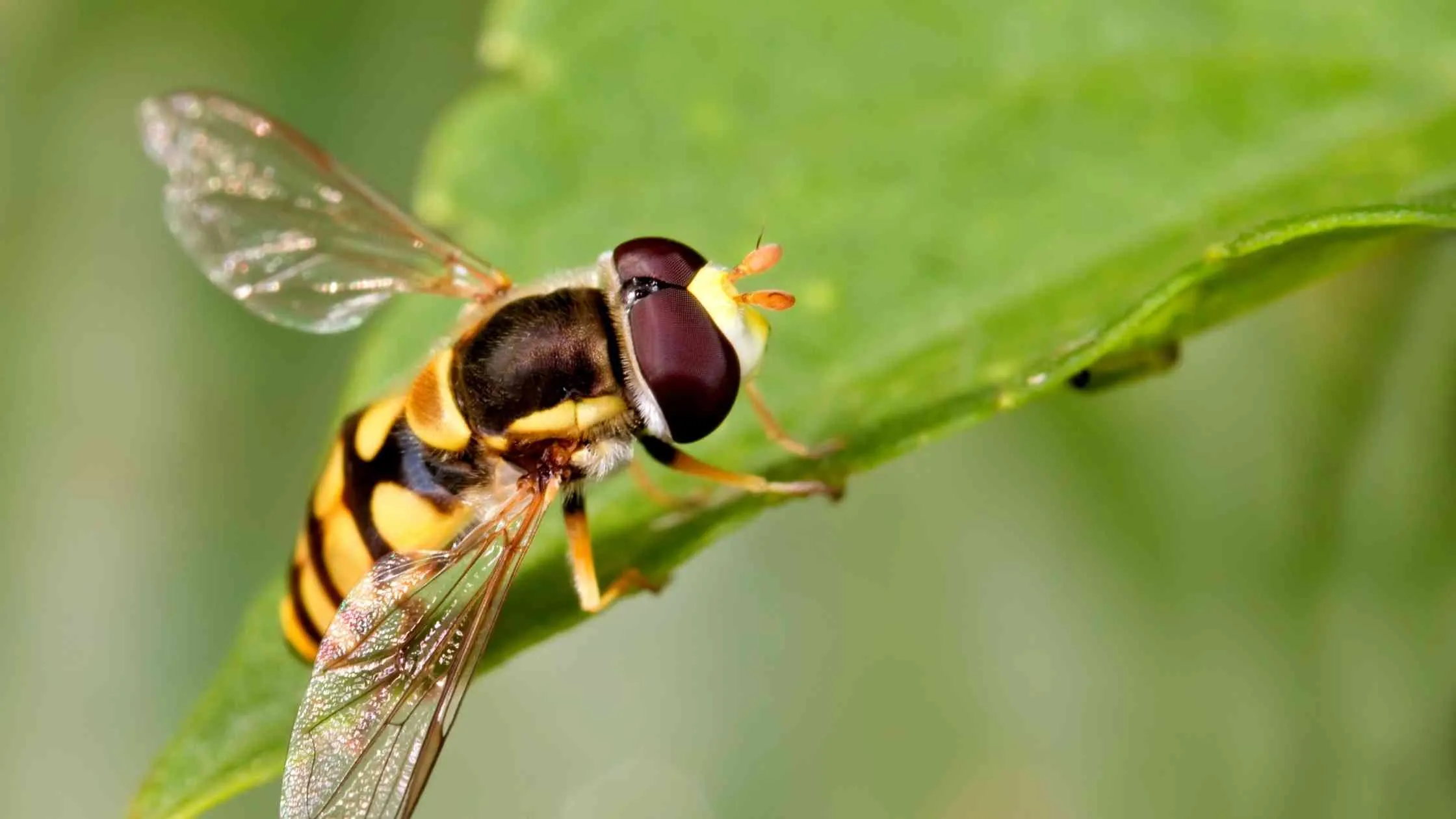
Parasitic Wasps
These tiny wasps lay their eggs in or on pests such as caterpillars, aphids, and whiteflies. The developing larvae consume the pests from the inside out. Planting fennel, dill, and cilantro can attract parasitic wasps. These plants offer nectar, which adult wasps need to survive and reproduce.
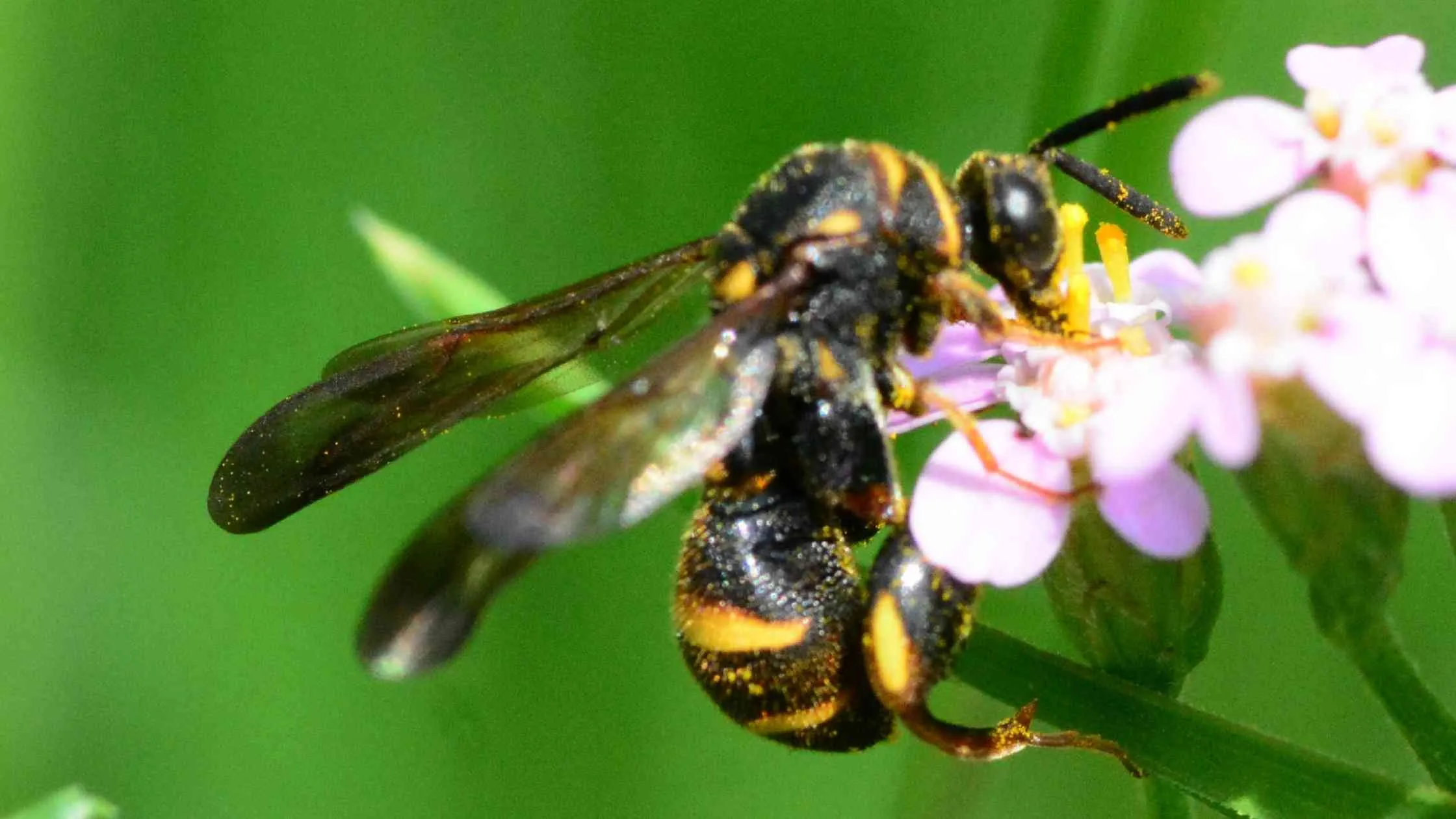
Ground Beetles
Ground beetles are beneficial predators of soil-dwelling pests such as slugs, snails, and insect larvae. Maintaining ground cover and mulch provides shelter and a favorable environment for ground beetles, which helps them thrive and continue their pest control activities.
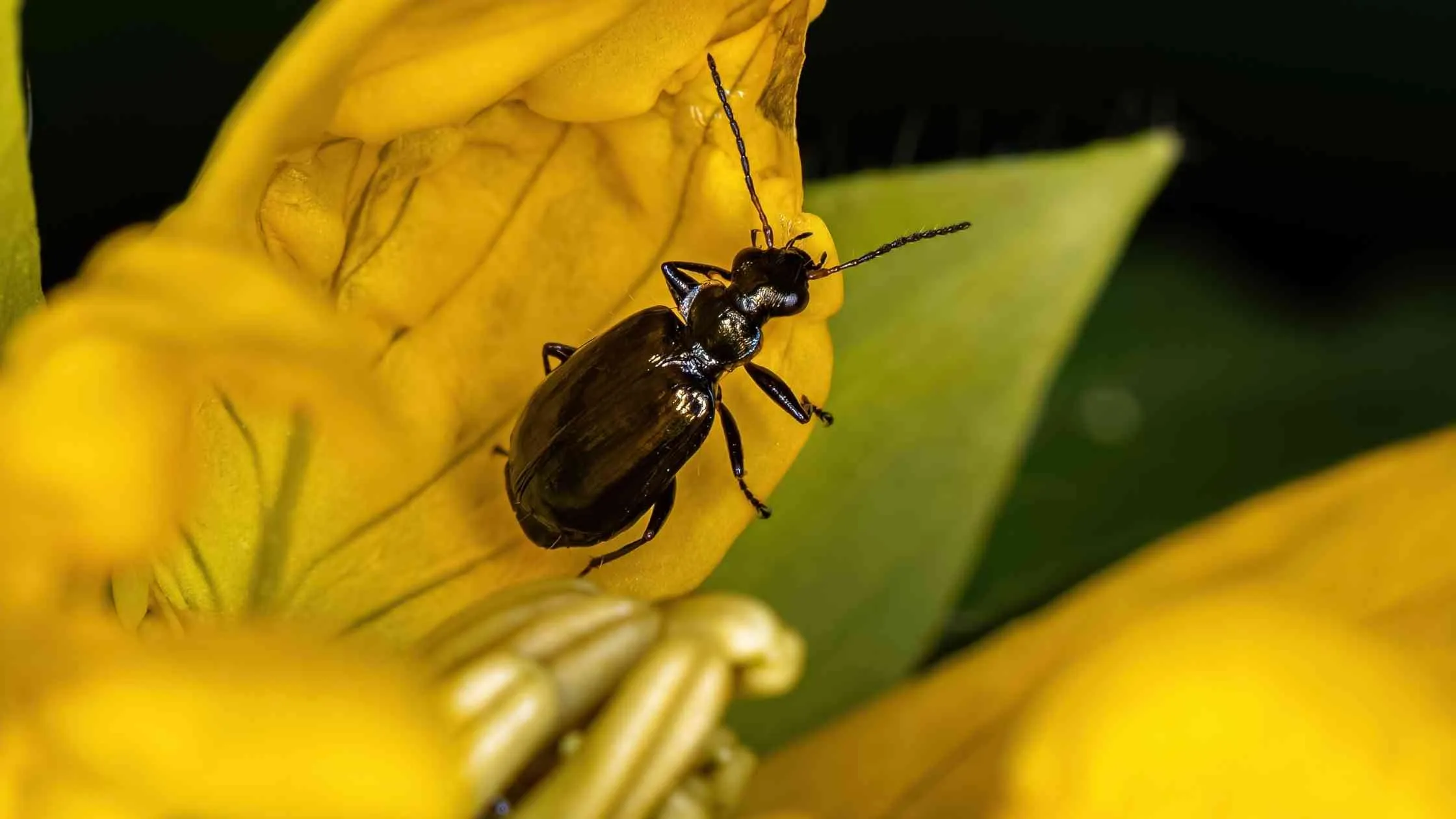
Beneficial Animals
Beneficial animals, from birds to bats, contribute significantly to the health of your garden. They help control pests and, in some cases, improve soil health, making your garden more productive and balanced.
Birds
Many birds feed on insects, slugs, and snails, helping to keep pest populations in check. Attract birds by installing bird feeders, bird baths, and nesting boxes. Planting native shrubs and trees can also provide food and shelter, making your garden a haven for various bird species.
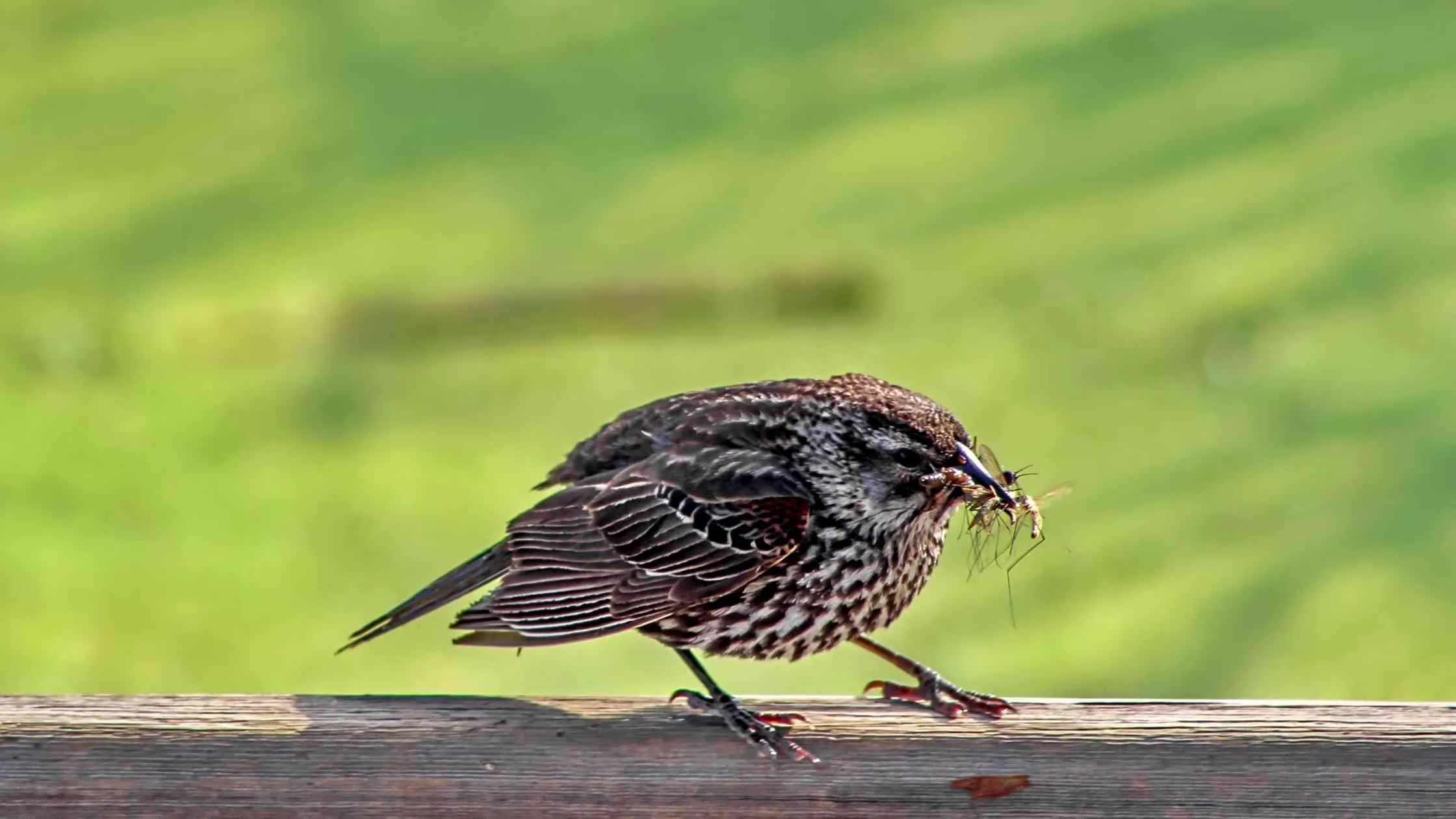
Bats
Bats are nighttime insect predators, consuming large quantities of moths, mosquitoes, and other nocturnal insects. Install bat houses and ensure that there is a water source in your garden to attract bats. These creatures are excellent at controlling the insect population, especially at night.
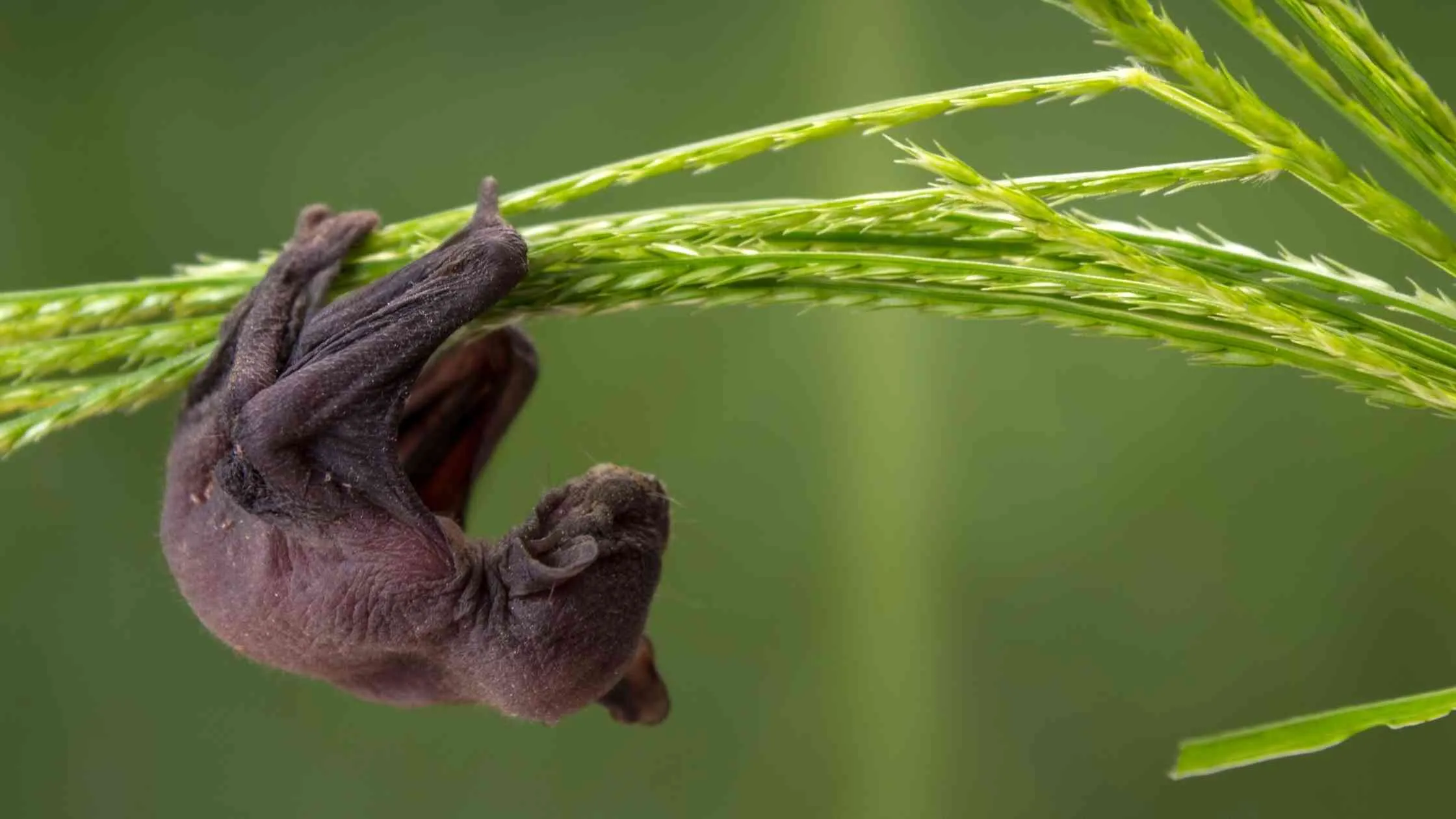
Frogs and Toads
Frogs and toads eat a variety of garden pests, including slugs, beetles, and caterpillars. Provide a water source, such as a pond, and maintain moist, shaded areas in your garden. These conditions will make your garden attractive to frogs and toads.
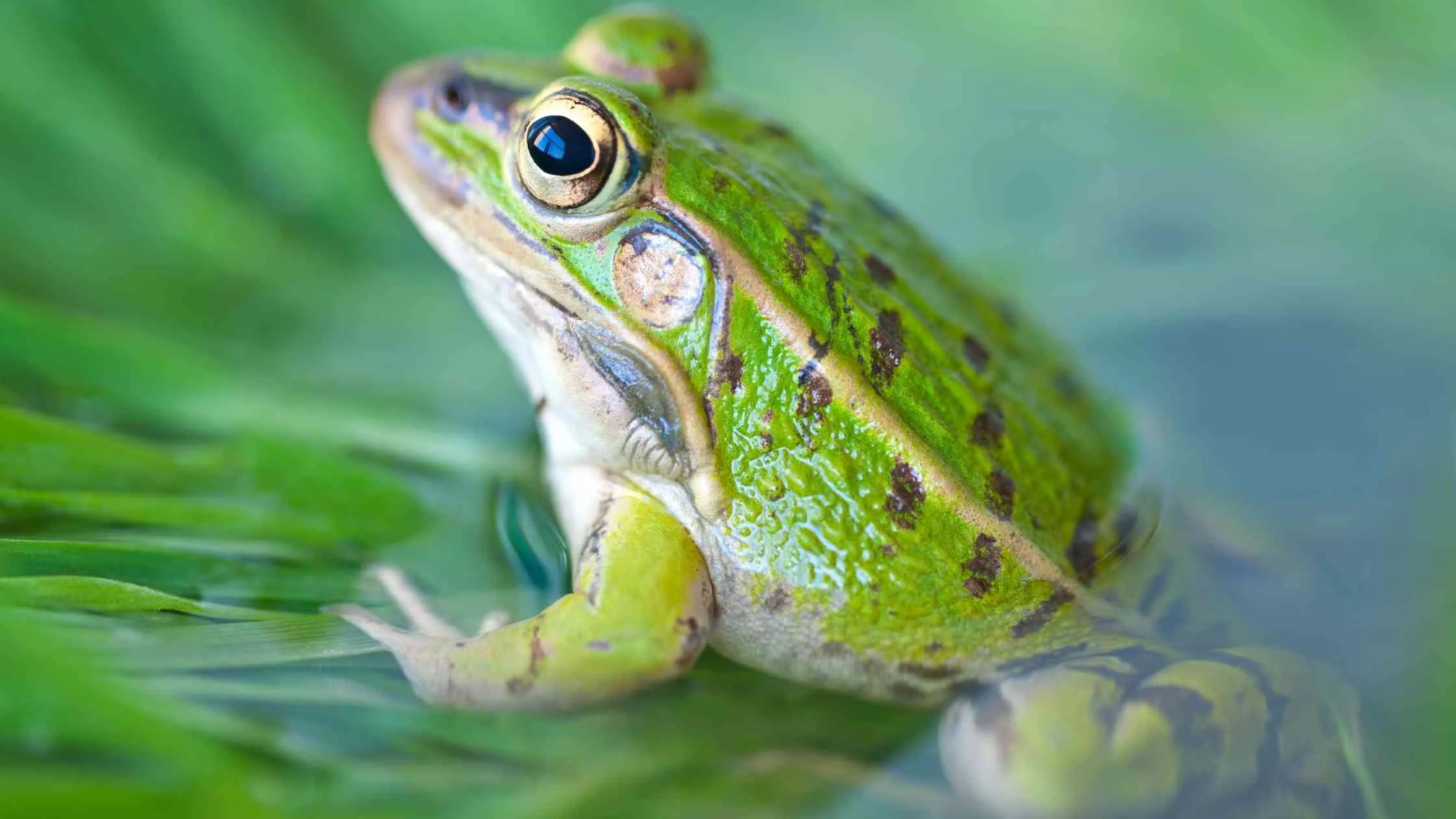
Spiders
Spiders are natural predators of many insects, including flies, mosquitoes, and beetles. They play a vital role in controlling pest populations. Avoid using pesticides that kill spiders and maintain diverse plantings to provide a variety of habitats. Spiders will help keep your garden’s pest population in balance.
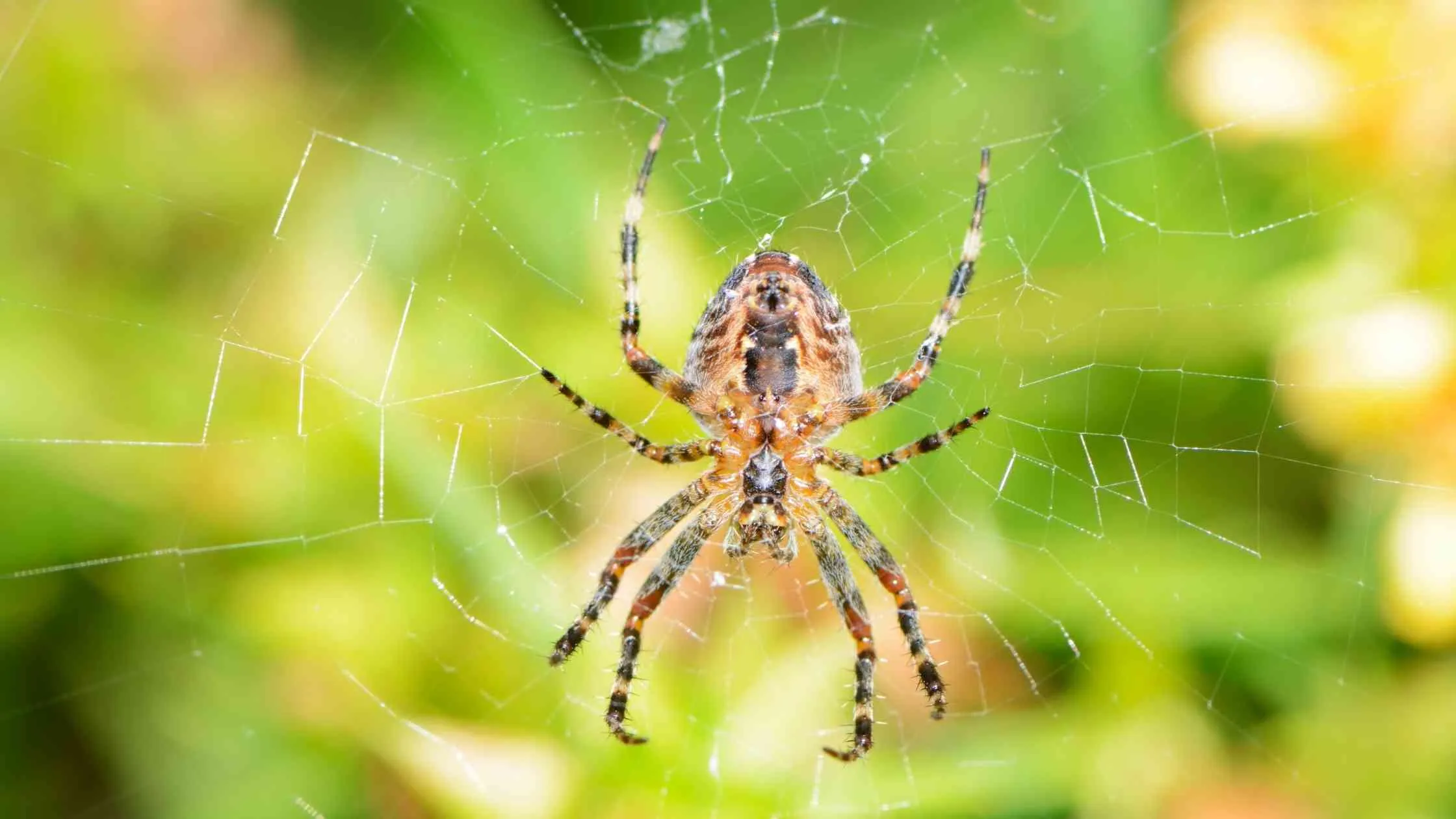
Earthworms
Earthworms improve soil structure and fertility by breaking down organic matter and aerating the soil. Maintain a compost pile and use organic mulch to provide food for earthworms. Healthy, fertile soil is essential for a thriving garden, and earthworms are vital contributors to soil health.
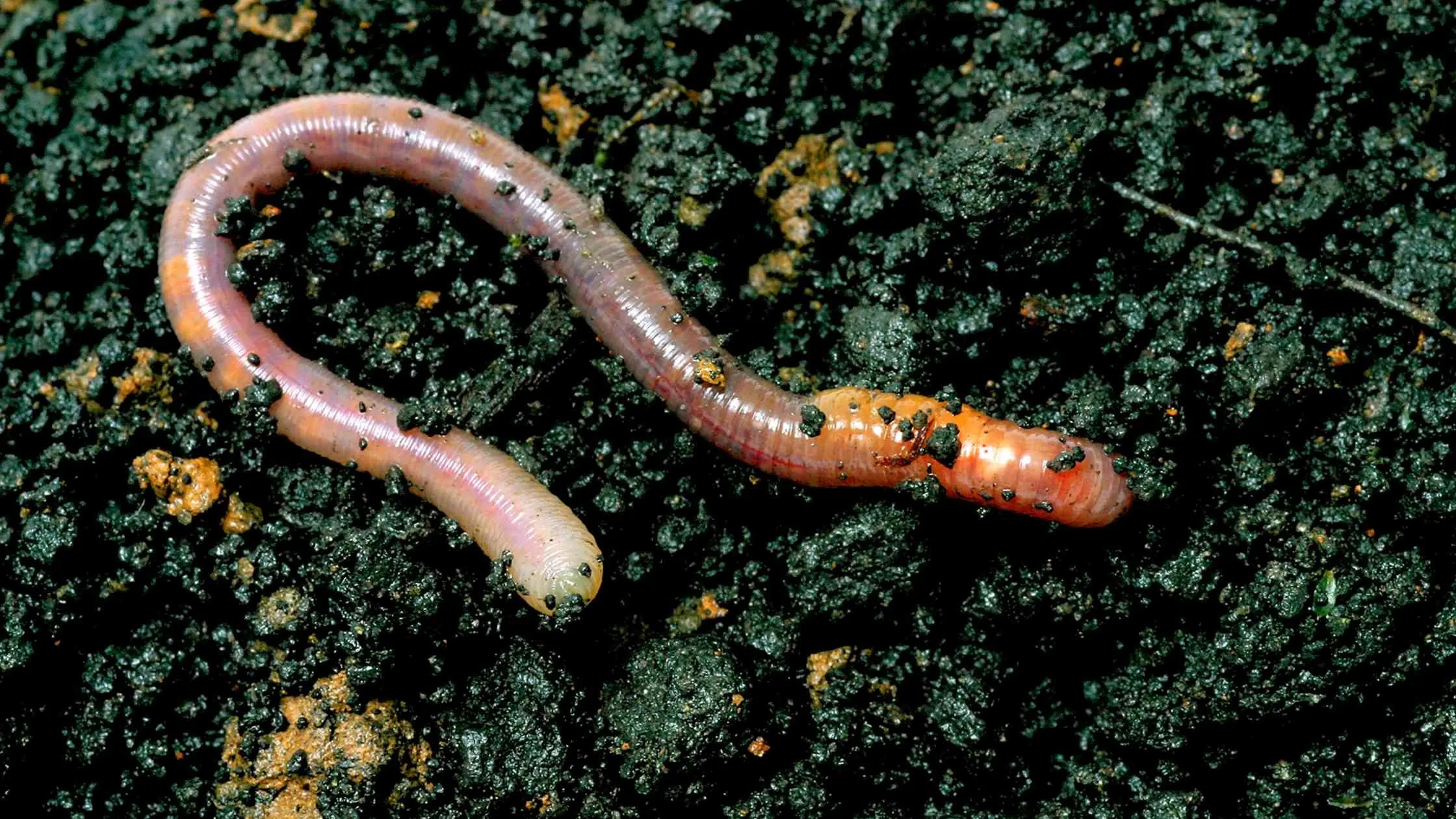
Conclusion
You can create a vibrant, healthy garden in Southwestern Ontario by attracting and supporting these beneficial insects and animals. These creatures will not only help control pests but also contribute to your garden's overall health and biodiversity. A thriving garden ecosystem can increase plant productivity, improve soil health, and create a more enjoyable outdoor space. Embrace these natural allies, and watch your garden flourish!

